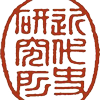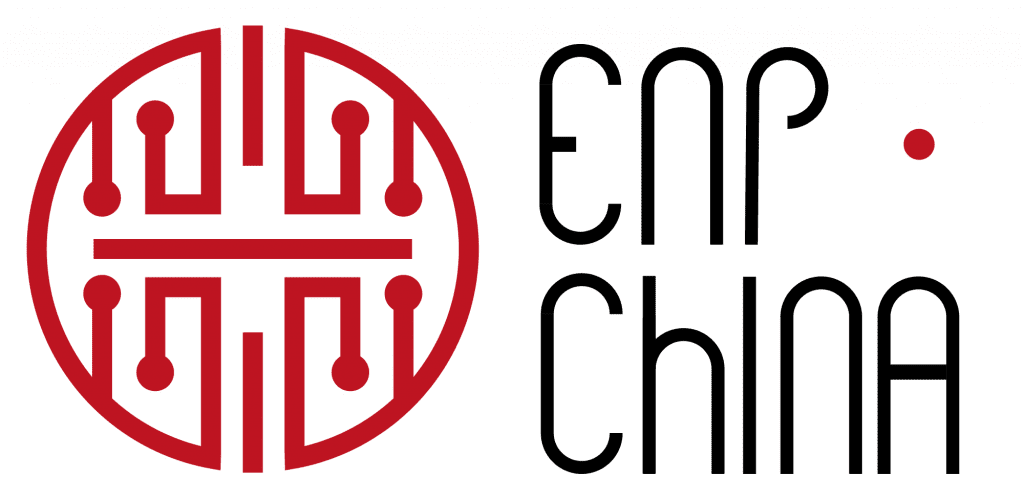In a century of tremendous political and social disruption in China, (mid-nineteenth to mid-twentieth century) characterized by a series of wars, changes of regimes, economic crises, and the country’s forced entry into the world order through the system of treaty ports and foreign settlements, Chinese elites came to see “learning from the West” as a “self-strengthening” means of reversing China’s perceived decline. The abolition of the civil service examinations in 1905, which had perpetuated the tradition of a Confucian ruling elite of scholar-officials and preserved a stable imperial system since the tenth century (Elman, 2013; Ho, 1962), gave a decisive impetus to the study abroad movement. The founding of the Republic (1912) with its multifarious modernizing projects created new career opportunities for the foreign-trained elites.
Between the first Opium War (1839-1842) and the early People’s Republic of China, some 200,000 young Chinese went to study in Japan, North America, and to a lesser extent, Europe, intending to return after their studies to apply the knowledge they had acquired abroad to rebuild their country (Wang, 1966; Levine, 1993; Liang, 2023). This vast migration of minds, which happened at a defining moment in Chinese history, became in turn one of the most transformative forces of modern China. This tremendous knowledge gain not only changed the fate of the student’s native country, but also of their host countries, in particular Taiwan, Japan, Hong Kong, Europe, and the United States, where some students emigrated or settled after 1949. This first partaking of Chinese in intellectual globalization set the precedent for the post-1978 waves of Chinese students abroad.
The foreign-educated elites in China have been the object of conflicting interpretations. Either celebrated as heroes of modernization or denigrated as agents of foreign imperialism, they have long been blamed for their inability to adapt their foreign training to the local conditions in China (Wang, 1966). Despite their recent rehabilitation in post-Mao China, the “modernization” paradigm and the failure/success way of framing their action remain powerful in current scholarship (Jiang, 2022).
Check out the Conference Website the Conference Website






